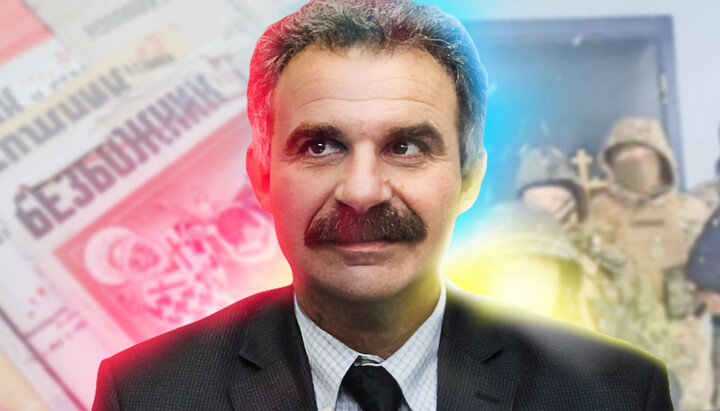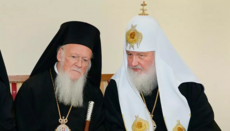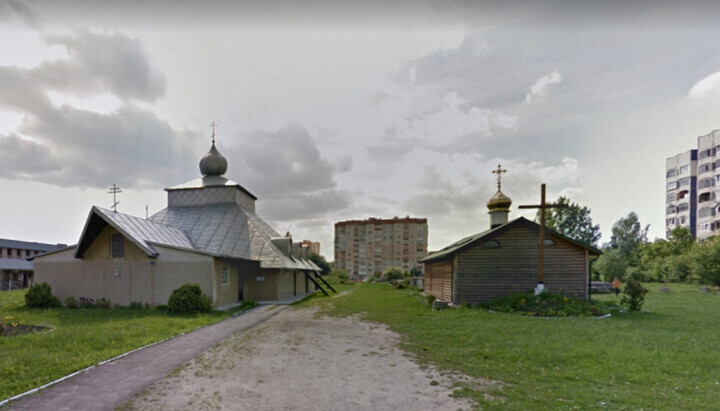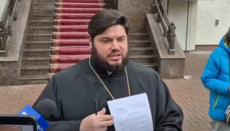UOC abbess urges the Institute of National Memory to decommunize Yelensky

In an open letter, an abbess accused the official of working in Soviet anti-religious structures and combating Ukrainian nationalism.
Abbess Seraphima, superior of the Odessa Archangel Michael Monastery and head of the UOC Synodal Department “Church and Culture,” sent an open letter to Oleksandr Alferov, head of the Ukrainian Institute of National Memory, demanding attention to violations of the laws on decommunization and decolonization in the activities of the current head of the State Service for Ethnopolitics, Viktor Yelensky.
The letter provides a detailed account of the Soviet past of the current official, who between 1981 and 1991 held leading positions in the anti-religious structures of the Ukrainian SSR. Yelensky worked as an officer of the Council for Religious Affairs under the Council of Ministers of the Ukrainian SSR, senior research associate of the Atheist Education Sector at the Kyiv branch of the Institute of Scientific Atheism under the CPSU Central Committee, and head of department at the Republican Center for Spiritual Culture of the Ukrainian SSR.
“Yelensky is the author of many anti-religious works, which stress the observance of Marxist-Leninist ideology in the field of the Communist Party’s religious policy,” the letter notes. The abbess cites passages from his works where he praised Lenin as a “genius” and fought against Ukrainian “bourgeois nationalism.”
“Yelensky wrote of the persecution of religion in Bolshevik times as mere ‘fabrications.’ He described priests and monks as anti-people, counterrevolutionary, and bandit elements,” the abbess emphasized.
She pointed to Yelensky’s position regarding the Ukrainian Autocephalous Orthodox Church, which he described as “a center of consolidation of nationalist elements hostile to Soviet power” and “a legal hotbed of nationalist yellow-blue counterrevolution.”
After Ukraine gained independence, Yelensky “radically changed his rhetoric and direction of activity,” but, as Abbess Seraphima underscores, “he has never once expressed repentance for his past, nor asked forgiveness for his previous actions.”
“A communist functionary who persistently fought against religion and against ‘Ukrainian bourgeois nationalism’ cannot determine Ukraine’s current policy, in defiance of legislative norms and the principles of state-building in a democratic Ukraine,” the letter concludes.
The abbess called on the Institute of National Memory to take note of violations of decommunization and decolonization laws, since Yelensky’s continued service in state structures contradicts the principles of overcoming the imperial-totalitarian legacy.
Earlier, the UOJ analyzed why Yelensky fights against the Church under every regime.











